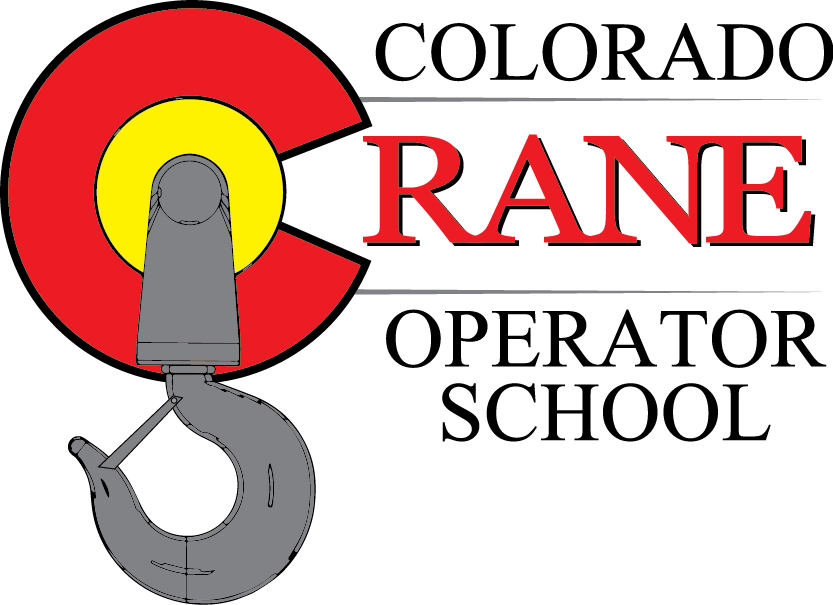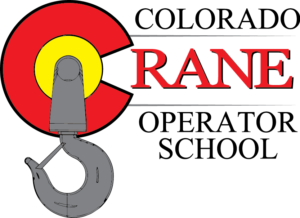If you’re going to work in the crane industry, it’s best to be proactive versus reactive. That is why it is essential to know and understand who the players are and what their role is. Five significant roles involving crane operation are the Crane Owner, Crane User, Site Supervisor, Lift Director, and Crane Operator. Understanding the responsibilities of each is critical.
Having a well-trained team of people filling these roles can minimize, and possibly eliminate, some of the risks and hazards associated with cranes.
Before crane operations begin; it is a necessity to ensure that all the members of your team are qualified to do their job. OSHA has a clear definition of what makes a person qualified. “Qualified” means one who, by possession of a recognized degree, certificate, or professional standing, or who by extensive knowledge, training, and experience, has successfully demonstrated his ability to solve or resolve problems relating to the subject matter, the work, or the project.
Crane operation is a complicated and dynamic field that can quickly become dangerous in untrained hands.
Employees MUST know and understand the safety requirements provided by the American Society of Mechanical Engineers (ASME) vol. B30.5 (Mobile Cranes) and B30.3 (Tower Cranes) and the Occupational Safety and Health Administration (OSHA.). Before lifting operations, a review of these standards shall be done. This will ensure all the roles mentioned are assigned within your organizational structure.
Colorado Crane Operator School offers top of the line crane operator trainings to help your crew become qualified in all areas of Crane Operation. This will help increase awareness of risk and job site safety. We can educate your employees from the Lift Director to the Crane Operator as well as those working nearby.






